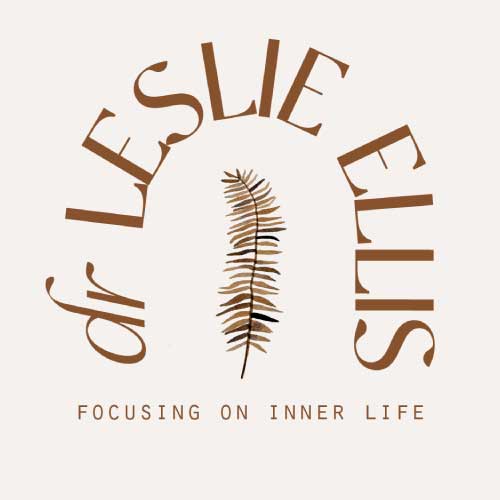A recent study refutes the research which shows nightmares are indicators of increased risk of suicide. A group of Swedish researchers (Hedström et al., 2020) studied a group of more than 40,000 participants with an average follow-up of 19 years and found the rate of suicide linked to depression was not worsened by nightmares. Their study “revealed no significant effects of nightmares on suicide incidence,” but rather that depression was more prevalent among those who suffer from nightmares.
The conclusion the authors reach regarding the nightmare-suicide link is so at odds with what has been reported in several studies, I asked Dr. Michael Nadorff, an expert in this area, to comment. He wrote:
The study, in my opinion, was clearly underpowered which is why they are saying there was no effect despite nightmares more than doubling suicide risk even after controlling for depression, anxiety, hypnotic use, and a bunch of other factors. Uncontrolled frequent nightmares put participants at more than five times greater risk.
Despite some methodological flaws, Nadorff and other reviewers noted that this paper offered much that was worthy of note. For example, Hedström and colleagues found that treatment of both depression and nightmares is warranted when these conditions co-occur. The researchers concluded that nightmare treatment “may provide additional therapeutic benefit.”
Other findings of interest related to suicide and depression: women are overrepresented among those who report depressive symptoms, and are more often smokers with lower levels of physical activity, and they suffer more insomnia symptoms. However, in the large sample, it is men who were more likely to commit suicide. Of the 69 suicide deaths reported in the sample over the 19-year follow-up period, 64 percent were men and 36 percent were women. There was a 12-fold increase in suicide risk associated with depression, and the researchers found that the presence of nightmares did not increase that risk.
Still, increasing nightmare frequency predicts greater likelihood of depression: “The odds of depression during follow-up was higher among those who suffered from nightmares than among those who did not.” Therefore, while nightmares do not appear to directly increase suicide risk, the study finds that “nightmares may reflect pre-existing depression.”
The researchers recommend nightmare treatment for several reasons: The distress caused by nightmares, especially when this is severe enough to compromise functioning and well-being, is linked to anxiety and depression. The effectiveness of nightmare treatment has been well documented. So as part of treatment for those with both nightmares and other diagnoses, the direct treatment of nightmares can help reduce some of the distressing symptoms.
Another interesting note is that a recent study shows that the propensity for nightmares may be genetic, but that nightmares in and of themselves do not indicate a predisposition for mental illness. The recent study by Ollila and colleagues (2019) on the genetics of nightmares showed that psychiatric illness predicts nightmares, but that nightmares do not predispose a person to psychiatric problems.
Hedström AK, Bellocco R, Hössjer O, Ye W, Lagerros YT, Åkerstedt T. (2020). The relationship between nightmares, depression and suicide, Sleep Medicine: X, https://doi.org/10.1016/ j.sleepx.2020.100016.
Ollila HM, Sinnott-Armstrong N, Kantojärvi K, et al. (2019). Nightmares share strong genetic risk with sleep and psychiatric disorders. BioRxiv 836452; doi:https://doi.org/10.1101/836452.

